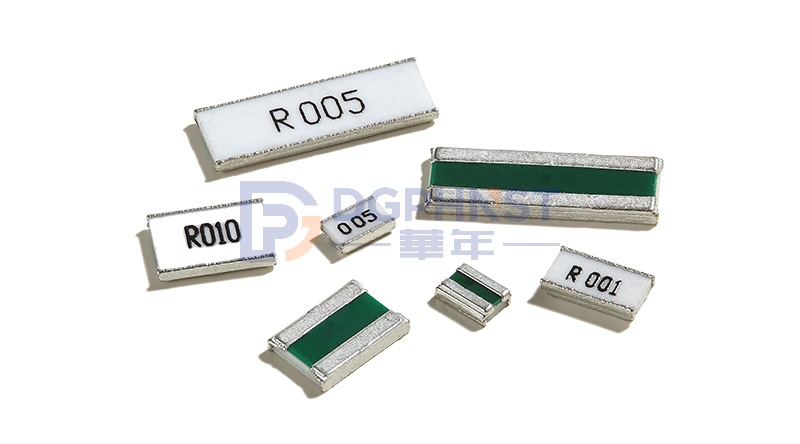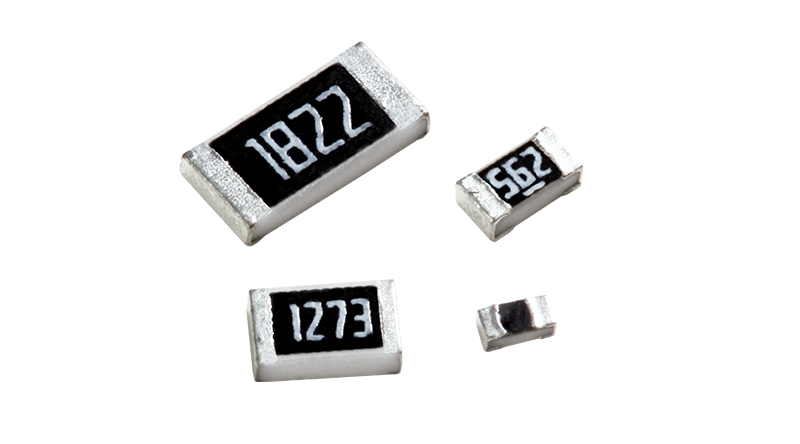hnstshop.com/product-list/R15-p1-l10.html" target="_blank" rel="noopener">Automotive Grade Resistors, also known as AEC-Q200 resistors, are resistor components widely used in automotive electronic systems. They are designed and manufactured with specific requirements to meet the stringent reliability, durability, and environmental adaptability demands of the automotive industry. This article will introduce the basic concept, features, application areas, and considerations for designing and selecting automotive grade resistors to help readers better understand and utilize these components in automotive applications.
1. Basic Concept of Automotive Grade Resistors
Automotive grade resistors are resistor devices specifically designed and manufactured for use in automotive electronic systems. They undergo special certifications and testing to ensure their reliability and performance in automotive environments. Automotive grade resistors typically need to comply with various standards and specifications such as ISO 9001 quality management system and ISO/TS 16949 automotive quality management system.
2. Features of Automotive Grade Resistors
- High Reliability: Automotive grade resistors undergo rigorous reliability testing and exhibit excellent temperature stability, humidity stability, and vibration resistance, enabling them to operate reliably in harsh automotive working conditions.
- High Temperature Tolerance: Due to the presence of high-temperature environments in automotive electronic systems, automotive grade resistors are typically made with high-temperature-resistant materials and designed to maintain stable resistance values and performance under high-temperature conditions.
- Corrosion Resistance: Automotive grade resistors employ corrosion-resistant materials and coatings to withstand the corrosive effects of chemicals and humidity in automotive working environments.
- Compact Design: Automotive grade resistors are often designed with compact dimensions and structures to accommodate space constraints in automotive electronic systems.
3. Application Areas of Automotive Grade Resistors
Automotive grade resistors find wide-ranging applications in various aspects of automotive electronic systems, including but not limited to:
- Engine Control Systems: Used for sensor signal conditioning, current limiting, and voltage division in engine control units (ECUs).
- Lighting Systems: Employed in headlamps, tail lamps, turn signals, and other lighting systems for current control and voltage stabilization.
- Brake Systems: Utilized in brake control units for current sensing, brake force distribution, and anti-lock braking systems.
- Safety Systems: Applied in safety-related systems such as airbag systems, anti-theft systems, and reverse radar systems.
- Entertainment Systems: Used in audio systems, navigation systems, and in-vehicle communication systems for current control and signal processing.
4. Design and Selection Considerations for Automotive Grade Resistors
- Choose the appropriate power rating and resistance value based on specific application requirements to ensure stable and reliable performance in automotive working environments.
- Consider the temperature coefficient: The temperature coefficient of automotive grade resistors determines the extent to which their resistance values change with temperature. Select resistors with suitable temperature coefficients to ensure stability at different temperature conditions.
- Pay attention to corrosion resistance and moisture resistance: Automotive working environments involve humidity and chemical exposure. Choose automotive grade resistors with good corrosion resistance and moisture resistance to enhance longevity and reliability.
- Adhere to relevant standards and specifications: When selecting and using automotive grade resistors, adhere to industry standards and specifications to ensure compliance and reliability of the resistor components.
In conclusion, automotive grade resistors are essential components in automotive electronic systems, designed and manufactured with specific requirements to meet the demanding reliability and environmental adaptability of the automotive industry. Understanding the basic concept, features, application areas, and considerations for designing and selecting automotive grade resistors can help engineers and designers make the right choices and utilize these resistors effectively in automotive electronic systems, thereby improving system reliability and performance.





